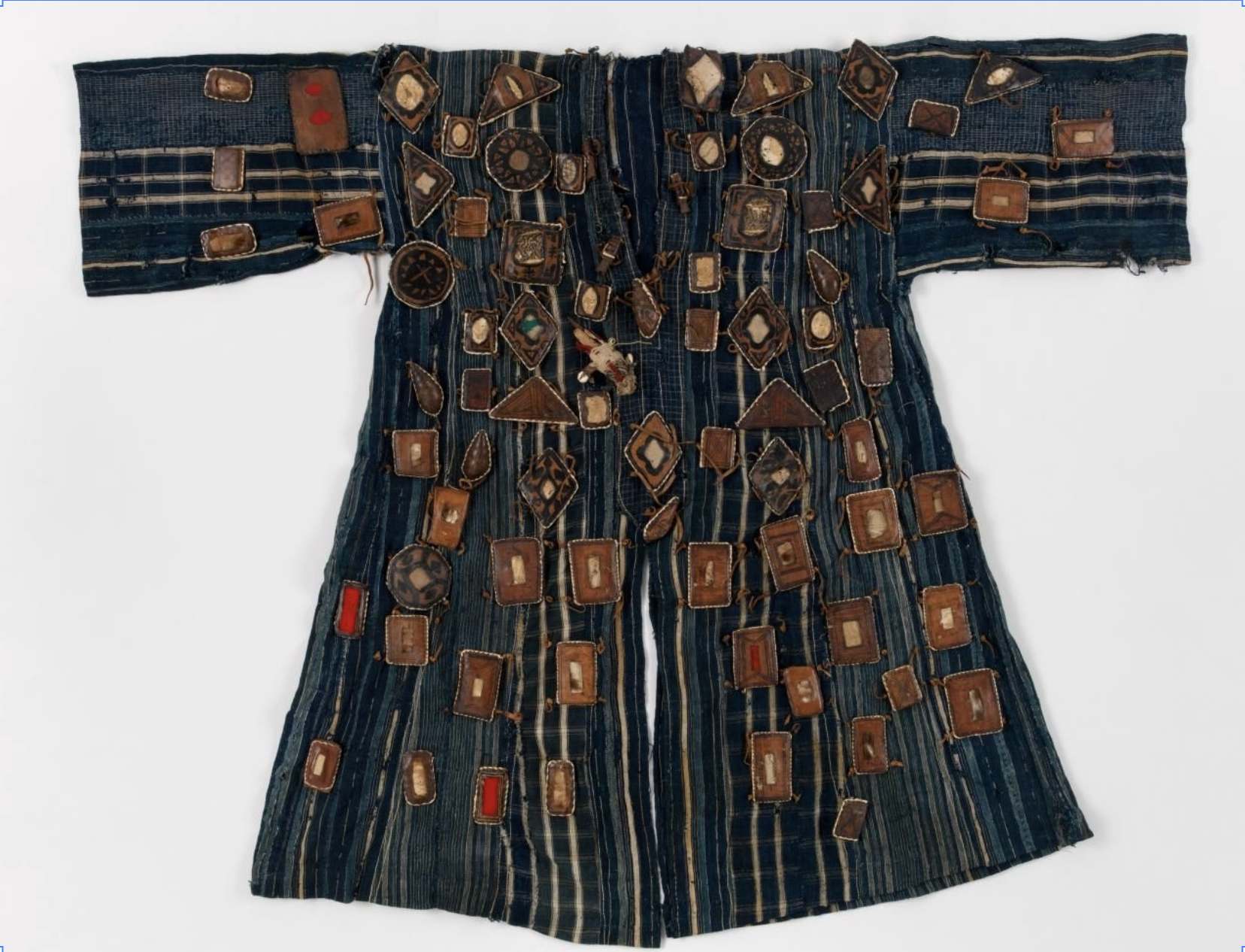The Righteous Predecessors of American Muslim History
The Messenger of God ﷺ said, in an authentic hadith:
خير الناس قرني ثم الذين يلونهم ثم الذين يلونهم
"The best people are those of my generation, then those who follow them, then those who follow them."
Our beloved Prophet established a community that, like himself, became a pristine example for all of humanity of walking the straight path to God. He said elsewhere of this community, in a hasan hadith, "My Companions are like the stars of the night sky. Whichever of them you follow, you will be guided." The following generation of Successors took this light that the Companions received from the Prophet ﷺ and transmitted it across the generations, down to us today.
The Prophet's ﷺ statements establish an important relationship between ourselves and past generations. We are only able to live and worship God as Muslims today because of those before us who struggled to establish and maintain Islam for themselves and future generations. This is a debt we can only repay by showing gratitude to God and making our own efforts to ensure that we pass the torch to those who come after us.
Across much of the Muslim-majority world, we see this gratitude expressed in the way Muslims build monuments to those who established Islam in the lands where they live. During my time living in Egypt and Syria, this was impressed upon me everywhere I went. You can scarcely walk down a street in Cairo or Damascus without stumbling upon a mausoleum or monument dedicated to a famous scholar, saint, or sultan. In these places, our history goes beyond something to read about in books; you walk amongst it daily and feel the connection of standing in the same places and breathing the same air as the predecessors to whom we owe so much.
However, the dynamic in the United States, and much of the modern West, is very different. In a recent class on the history of Islam in America at Taleef Chicago, I asked the class if they knew the names of the first Muslims to come to our city. Crickets. Admittedly, it was a trick question. Apparently, no one knows. I'm a historian of Islam in America and I don't know. What we do know is that the first purpose-built mosque in the United States was constructed in Chicago's Hyde Park neighborhood for the 1893 World's Fair. We even have pictures of the Ottoman Muslims who lived in and around this mosque during the fair. But, frustratingly, we don't know their names, who they interacted with, or if they left a lasting impact upon the passers-by at the fair. The mosque was torn down after the fair so that we, today, cannot walk past it and experience something of their reality. The names and stories of the first Muslims who worshiped God in this land therefore have not become a part of our living memory today.
Ottoman Muslims on “Cairo Street” at the 1893 Chicago World’s Fair
The story of the first purpose-built mosque in the U.S. is the story of much of our history as American Muslims. We live in a society that was built upon priorities that often are not our own. I first realized this a few years after embracing Islam when I learned that African Muslims had been enslaved in my hometown in Georgia during the eighteen-hundreds. I was shocked that, despite the emphasis my primary education placed on local history, I was never told that there were entire families of African Muslims who lived in and around my hometown. Learning that I had spiritual predecessors who went to great lengths to preserve their religion in a foreign and hostile environment gave me a sense of rootedness and tranquility that, previously, I had not experienced as a Muslim. Suddenly, Islam became something that connected me to the land of my birth. It also gave me a sense of mission: understanding and sharing the history of the those who established Islam in America became a priority that led to my graduate studies.
The “Ben-Ali Diary,” a copy of the Risalah of Ibn Abi Zayd written by Bliali Muhammad of Sapelo Island, GA
This sense of rootedness is something American Muslims in general need desperately. We need a sense of standing upon the shoulders of those who came before us, even if this is not a reality we see reflected in the hegemonic culture. Otherwise, we will continue to be spiritual orphans in the Americas; there will be no torch that we inherit and pass to future generations. Solving this problem also may just solve much of the alienation and isolation that young Muslims today face by providing them with a sense of belonging to generations of Muslims who prayed upon the ground where we live and walk.
To that end, let's discuss our history. If you are a Muslim living anywhere in the Americas today, you are an inheritor of generations of African Muslims who came before you. This does not discount or exclude your inheritance from other Muslims, especially those to whom you are connected ethnically. However, African Muslims hold a special place in the history of Islam in the Americas for three reasons. The first of these is that African Muslims were almost certainly the first people of the Ummah of Muhammad ﷺ to live and establish prayer on this side of the Atlantic. Moreover, they have formed a continuous presence here since at least the time of Columbus. The Messenger of God ﷺ informs us that, when we perform the prayer, the earth below us will intercede for us until the Day of Judgement. Should we not do the same for our predecessors?
A Mandinka War Tunic covered in gris-gris, or talismans containing Qur’anic verses and other Arabic formulae. Similar tunics have been found at Fort Musa, a garrison town north of St. Augustine, FL.
The second reason is that African Muslims stand alone as the only group that has successfully established an Islamic civilization in the Americas. Whereas we today live as Muslims in a largely post-Christian secular modern civilization, African Muslims brought their civilization with them and lived within its bounds. Indeed, the Atlantic slave trade did not separate African Muslims from their civilization so much as it exported it with them to the Americas. Wherever we find African Muslims in the Americas across the past 500 years of history--whether that be on plantations, in free communities, or in independent settlements away from European slave society--we find them led by scholars and shaykhs in positions of political authority, just as they were in West Africa. Moreover, there are multiple examples of evidence that these communities communicated amongst each other, as well as with their brothers and sisters back in Africa.
Thirdly, and due to the previous reasons, the history of African Muslims in the Americas can provide instruction on how to live our lives as Muslims today. Dealing with religious differences, political adversity, and maintaining community life are specific challenges that African Muslims have navigated through various circumstances. Leaning upon their guidance and wisdom is both a practical solution to many of the challenges we face today as well as a way of honoring and building upon their legacy.
This history is something you can get a feel for in books. However, it is also still living in our communities. I am consistently amazed at how much I learn from African American elders in our community whenever I sit down to talk to them about this history. I always walk away with a better sense of who I am as a Muslim. They are the monuments to our collective past who can provide a sense of rootedness and direction for our future as Muslims in this land. I pray that God enables each one of us to honor their legacy and to become inheritors of the blessings that exist within it. Ameen.



